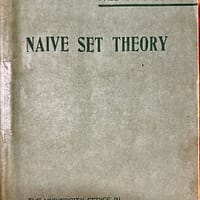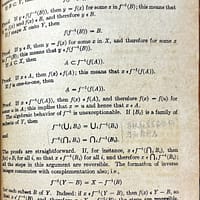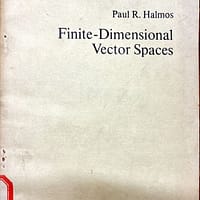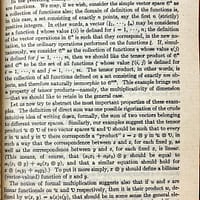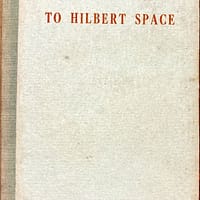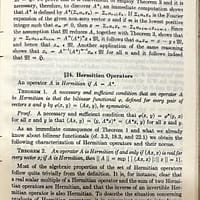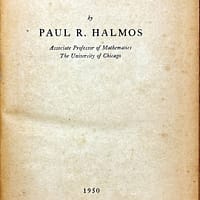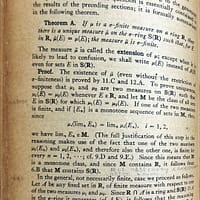在科学理论发展的旅程中,概念的严格定义往往是成熟期的产物。过早聚焦于此,可能忽视了概念早期的丰富演进。然而,深究其前清晰时期的历史,意味着要在众多相互矛盾的观点中寻找和辨别,这一过程没有明确的界限,取决于个人对观点荒谬程度的容忍以及时间、精力和兴趣的投入。
比如,最近我正在看的一本书——M. Jammer (1957), Concepts of Force, Harvard University Press,里面就说到:
A serious difficulty in the study of the development of a scientific concept lies in the necessarily inherent vagueness of its definition. This complication arises from the fact that the concept in question finds its strict specification only through its exact definition in science. This definition, however, historically viewed, is a rather late and advanced stage in its development. To limit the discussion to the concept thus defined means to ignore a major part of its life history.
该书的一段书评所说:
The story is a long and complicated one, demanding great skill on the part of the writer in the choice of the relevant elements in an enormous body of more or less obscure material. He has to search for the origin of the idea in the groping attempts of our ancestors to give an explanation for motion in general, based on the analogy with human exertion and activity represented in such terms as effort, force, power, work. He must then proceed to note how these ideas were refined by abstract thinkers, given quantitative status, and made useful for the solution of practical problems…
R. Lindsay (1957), Science, 126 (3278):848
我想,要是我也面临这样的复杂任务,该怎么办呢?我认为,面对这一复杂任务,寻找不同观点间的共性成为一种有效策略。这包括识别这些观点的共同接受之处,或它们共同探索问题的方向。通过从关键资料中识别这些共性,再以此为标准筛选其他资料,可以有效避免在信息海洋中迷失方向。需要注意的是,这种“共性”往往只在特定的时间段内明显,随着时代的发展,共同关注的焦点也可能发生变化。因此,这种方法可以用“分段连续”的方式来描述,其任务就像是“用分段连续的函数去拟合散点数据”一样。

